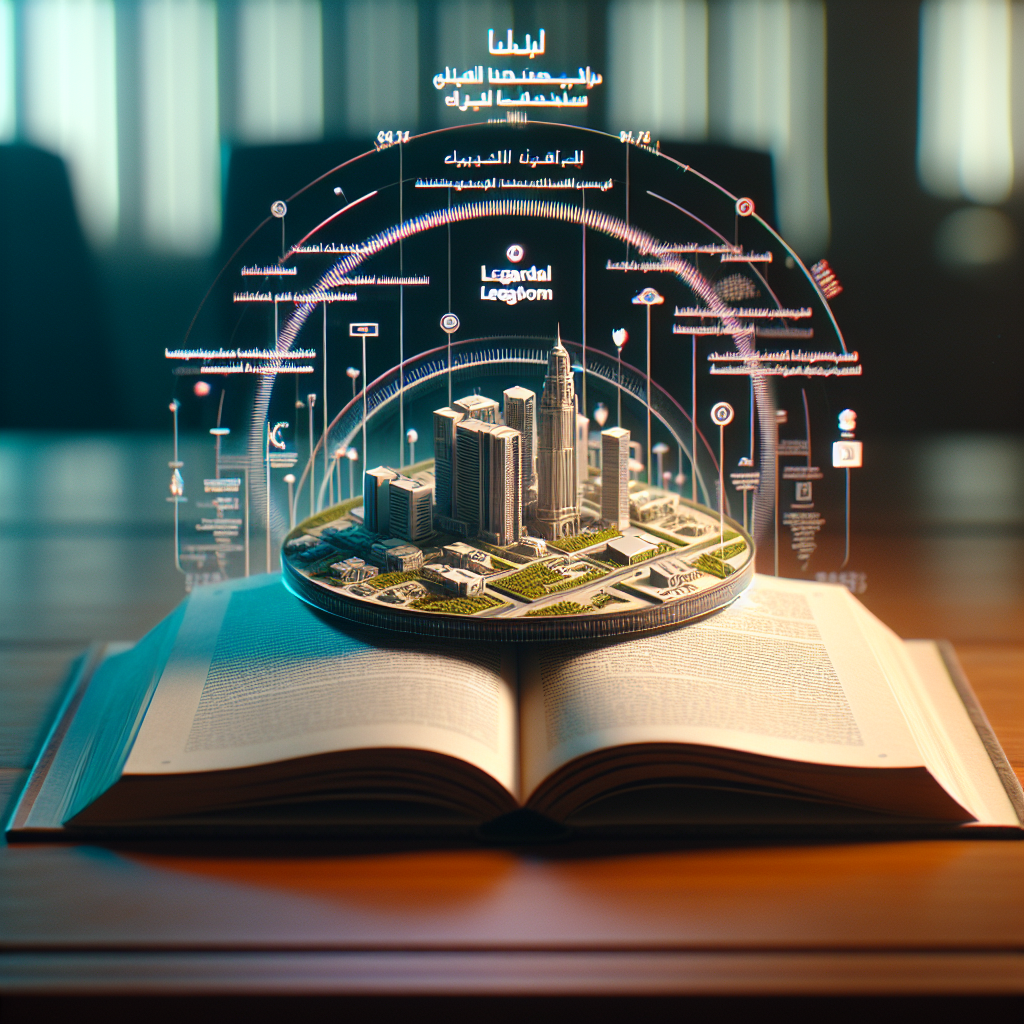Sharjah, the third-largest emirate in the UAE, has established a robust legal framework and regulatory system that ensures stability, economic growth, and social harmony. With its progressive laws and policies, the emirate supports a thriving business environment, safeguards individual rights, and promotes the overall well-being of its residents. Sharjah’s legal and regulatory systems are designed to uphold transparency, fairness, and adherence to international best practices.
Key Features of Sharjah’s Legal Framework
Sharjah’s legal framework is built upon the UAE’s federal legal system, which integrates civil law, Islamic Sharia principles, and local regulations. These laws govern various sectors, including commerce, real estate, employment, and personal matters, ensuring a comprehensive legal environment for businesses and individuals.
Federal and Local Laws
Sharjah operates under the UAE’s federal laws, including civil, criminal, and commercial codes. The emirate also has the authority to issue local decrees and regulations to address specific needs, such as urban development, environmental conservation, and cultural preservation.

Judicial System
Sharjah’s judicial system is part of the UAE’s unified judiciary, consisting of civil, criminal, and Sharia courts. These courts ensure fair and efficient dispute resolution, reinforcing public trust in the legal system.
Business Regulations in Sharjah
Sharjah has implemented a business-friendly regulatory environment to attract investments and promote economic diversification. The emirate offers clear and transparent procedures for company registration, licensing, and operations, making it an appealing destination for entrepreneurs and investors.
Company Formation
Sharjah provides various options for company formation, including:
- Mainland Companies: Businesses operating within the emirate’s jurisdiction and offering a wide range of commercial activities.
- Free Zone Entities: Companies established in Sharjah’s free zones, benefiting from 100% foreign ownership, tax exemptions, and streamlined processes.
Licensing and Permits
The Sharjah Economic Development Department (SEDD) oversees business licensing and ensures compliance with local regulations. Entrepreneurs can choose from commercial, industrial, and professional licenses based on their business activities.
Real Estate and Property Laws
Sharjah’s real estate sector is governed by well-defined laws that provide legal protections for buyers, sellers, and tenants. The emirate encourages real estate investments while ensuring a balanced market.
Key Regulations
- Tenancy Laws: Sharjah has tenant-friendly laws, regulating rental agreements, rent increases, and dispute resolution.
- Property Ownership: Non-GCC nationals can own properties in designated areas under leasehold agreements for up to 100 years.
Employment Laws
Sharjah’s labor laws, in line with UAE federal regulations, ensure the rights and welfare of employees while promoting a productive workforce.
Worker Protections
- Employment Contracts: Mandatory written contracts outline employee rights, duties, and benefits.
- Workplace Safety: Employers are required to maintain safe and healthy working conditions.
- Dispute Resolution: Labor disputes are addressed through the Ministry of Human Resources and Emiratisation (MOHRE) or judicial channels.
Family and Personal Laws
Family and personal matters in Sharjah are primarily governed by Islamic Sharia principles, along with federal laws that cater to the diverse population.
Key Areas
- Marriage and Divorce: Laws regulate marital contracts, divorce proceedings, and related rights.
- Inheritance: Sharia-based inheritance laws determine the distribution of assets among heirs.
- Expatriate Matters: Recent reforms have introduced options for non-Muslim expatriates to opt for personal status laws based on their home country’s legal systems.
Environmental and Cultural Regulations
Sharjah’s legal framework reflects its commitment to environmental sustainability and cultural preservation.
Environmental Protection
- Conservation Laws: Regulations protect natural reserves, wildlife, and marine ecosystems.
- Sustainable Development: Policies promote renewable energy and eco-friendly practices.
Cultural Heritage Laws
Sharjah enforces laws that safeguard its rich cultural heritage, including the protection of historical sites, artifacts, and traditional crafts.
Government Initiatives and Reforms
Sharjah continuously updates its legal framework to align with global standards and address emerging challenges. Key initiatives include:
- Digital Transformation: Implementation of e-government services to simplify legal and administrative processes.
- Judicial Reforms: Enhancing the efficiency and accessibility of courts and legal services.
- Support for SMEs: Introducing policies and incentives to empower small and medium enterprises.
- Gender Equality: Promoting gender balance in the workplace and ensuring equal opportunities for women.
Challenges and Opportunities
While Sharjah’s legal framework is comprehensive, challenges such as adapting to rapid technological advancements and addressing global environmental concerns remain. However, these challenges present opportunities for innovation and growth.
Future Prospects
- Technology Integration: Leveraging artificial intelligence and blockchain in legal and regulatory processes.
- Sustainability Focus: Strengthening laws to support the emirate’s sustainability goals.
- Global Collaboration: Partnering with international legal organizations to exchange knowledge and best practices.
Conclusion
Sharjah’s legal framework and regulations form the backbone of its stable and progressive society. By prioritizing transparency, inclusivity, and innovation, the emirate fosters an environment conducive to growth and development. With continuous reforms and a commitment to excellence, Sharjah is well-positioned to address future challenges and maintain its status as a leading hub for culture, business, and sustainability.
Do follow Uae stories for more Updates













